Publications
Articles, publications, books, tools and multimedia features from the U.S. Institute of Peace provide the latest news, analysis, research findings, practitioner guides and reports, all related to the conflict zones and issues that are at the center of the Institute’s work to prevent and reduce violent conflict.

Elie Abouaoun on Lebanon’s Deepening Crisis
Lebanon’s leaders have lacked a cohesive strategy to respond to COVID-19, exacerbating tensions that sparked mass protests last fall. But while the government struggles, and Hezbollah’s influence weakens, USIP’s Elie Abouaoun says, “Unfortunately, the protest movement is as fragmented as the government.”

Sarhang Hamasaeed on the U.S.-Iraq Strategic Dialogue
As the United States and Iraq engage in important talks this month, USIP’s Sarhang Hamasaeed says the focus should be “Iraq-centric policy,” even as Baghdad “is under a lot of pressure from Iran and its allies … to use the dialogue to put pressure on the United States to withdraw its troops and limit U.S. influence.”

Keith Mines on Venezuela’s Spiraling Humanitarian Crisis
The humanitarian crisis in Venezuela is reaching proportions not seen in Latin America since the 1930s. Meanwhile, USIP’s Keith Mines says the country is at a “tragic impasse, and that impasse is entirely political,” as both Juan Guaidó and Nicolás Maduro maintain their respective claims to power.

Thomas Hill on Libya’s New Stalemate
After a four-month offensive by the western U.N.-backed government, the Libyan conflict has fallen back into a stalemate. USIP’s Thomas Hill says the question now is whether the new stalemate “will lead to a political solution or is just another step in the road … until one side controls all of the oil wealth.”
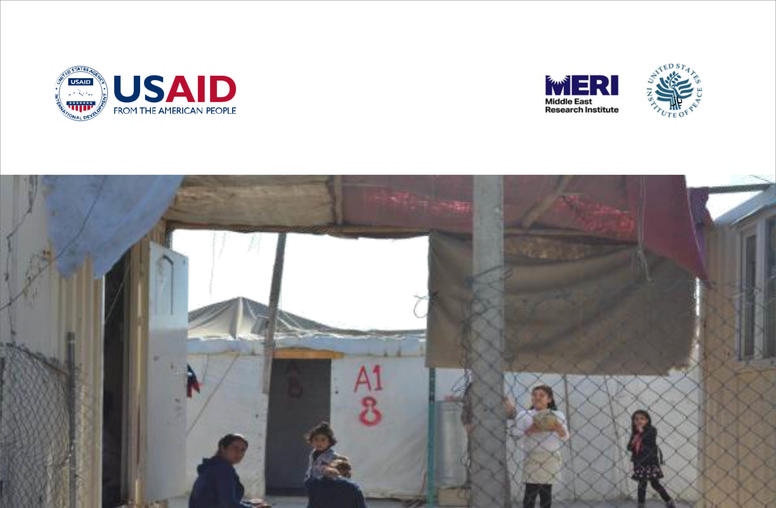
Ninewa Plains and Western Ninewa: Barriers to Return And Community Resilience (Arabic)
This report is a meta-analysis of the vast literature on Ninewa IDPs and the barriers to their return. It covers important analytical and contextual gaps with firsthand research to inform and enhance stakeholder policies.
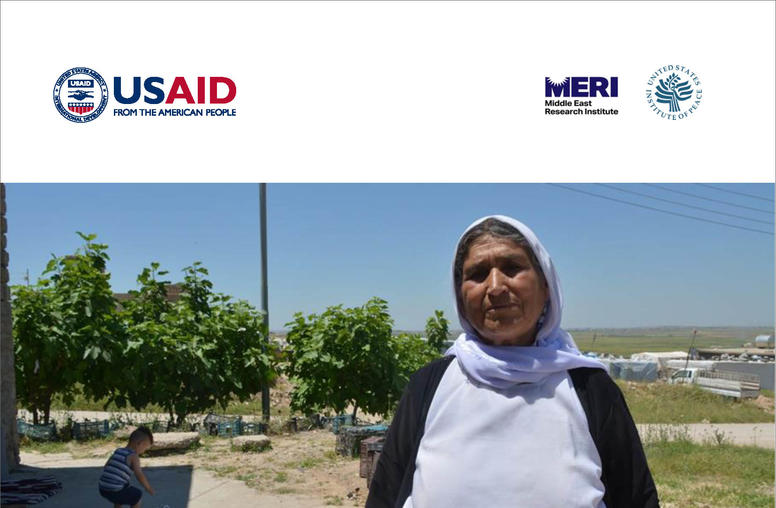
Ninewa Plains and Western Ninewa: Sustainable Returns and Stabilization Efforts (Arabic)
The aim of this report is to map previous and current initiatives undertaken by local, provincial and national governments, civil society organizations, international NGOs and other actors to address barriers to stabilization and the return of displaced persons from Ninewa governorate, particularly Ninewa Plains and Western Ninewa. The report also identifies shortcomings, failures and gaps that constrain return processes and long-term stabilization.
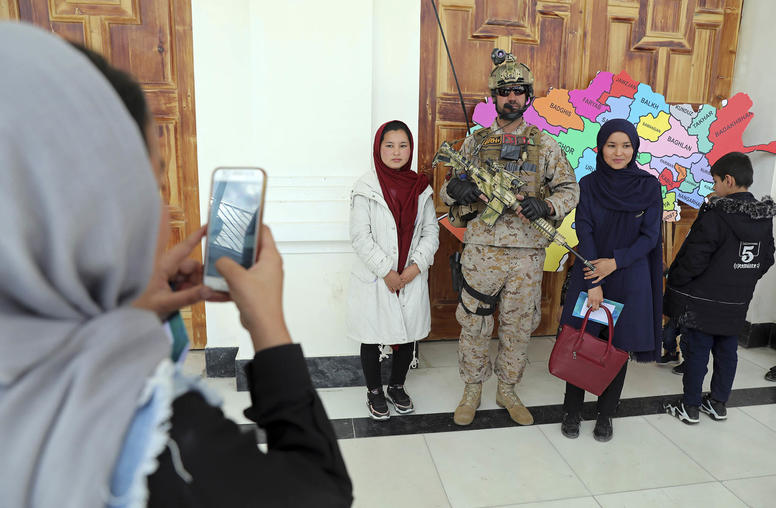
“No Going Backward”: Afghanistan’s Post–Peace Accord Security Sector
Failure to plan realistically for needed changes in Afghanistan’s security sector following a peace settlement—and failure to start phasing in changes now—will lead to post-settlement instability. This report examines the particular challenges Afghanistan will face, with examples from the climate following peace settlements in other parts of the world offering insight into what may occur and possibilities for response.
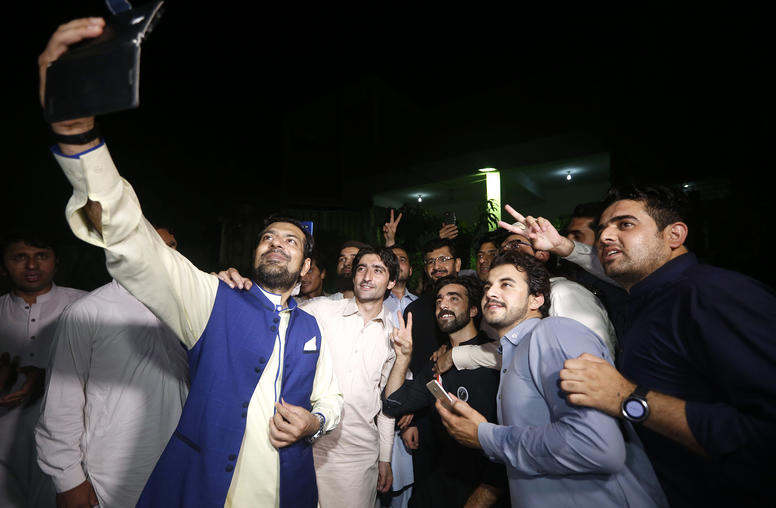
Extending Constitutional Rights to Pakistan’s Tribal Areas
When Pakistan’s Federally Administered Tribal Areas were officially merged into Khyber Pakhtunkhwa Province in May 2018, the five million residents of the former tribal areas acquired the same constitutional rights and protections—including access to a formal judicial system—as Pakistan’s other citizens. This report, based on field research carried out by the authors, explores the status of the formal justice system’s expansion, finding both positive trends and severe administrative and capacity challenges, and offers recommendations to address these issues.
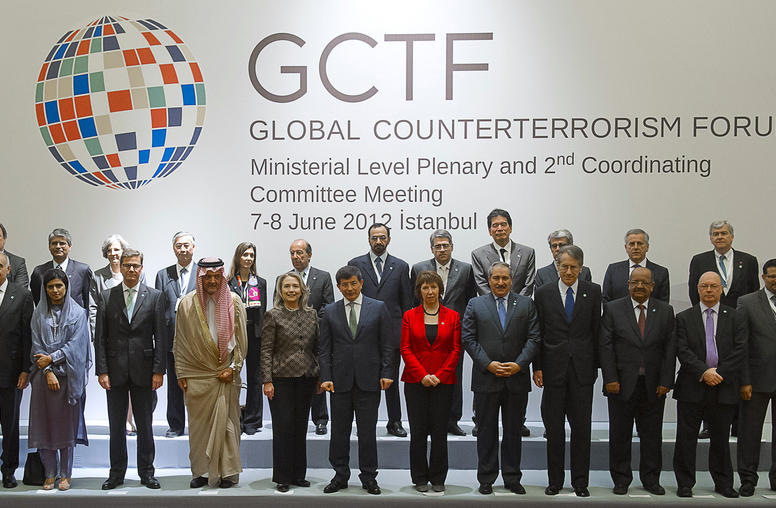
Preparing the Global Counterterrorism Forum for the Next Decade
In the two decades since the 9/11 attacks, terrorist networks have become more global and interconnected even as they remain locally tethered. The transnational and localized nature of the threat underscores the continued importance of international cooperation in all aspects of a response. This report explores the work of the Global Counterterrorism Forum, launched in 2011 to energize such cooperation, and how best to position it for an effective and far-reaching future.
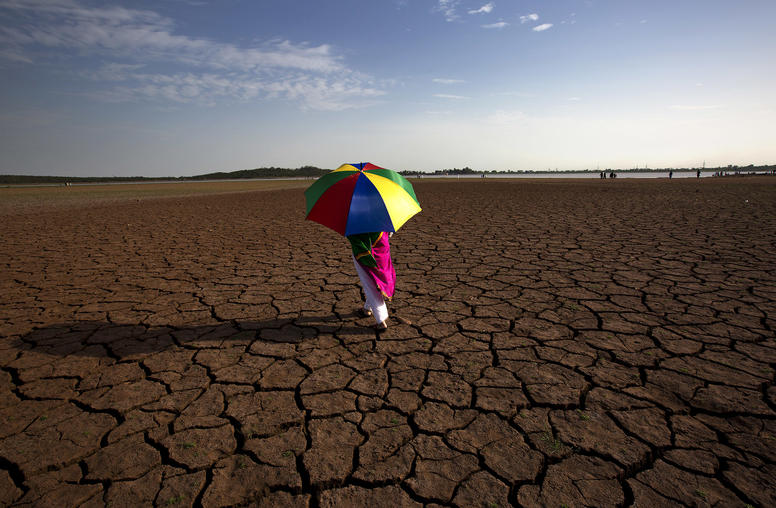
Water Conflict Pathways and Peacebuilding Strategies
No modern states have ever declared war over water. In fact, nations dependent on shared water sources have collaborated far more frequently than they have clashed. Nevertheless, global surveys have counted over forty hostile, militarized international actions over water—from riots to border skirmishes to larger battles—in the first six decades after World War II. This report reviews the pathways that link water resource pressures to conflict risks and describes how peacebuilding strategies such as water diplomacy can help mitigate these risks.